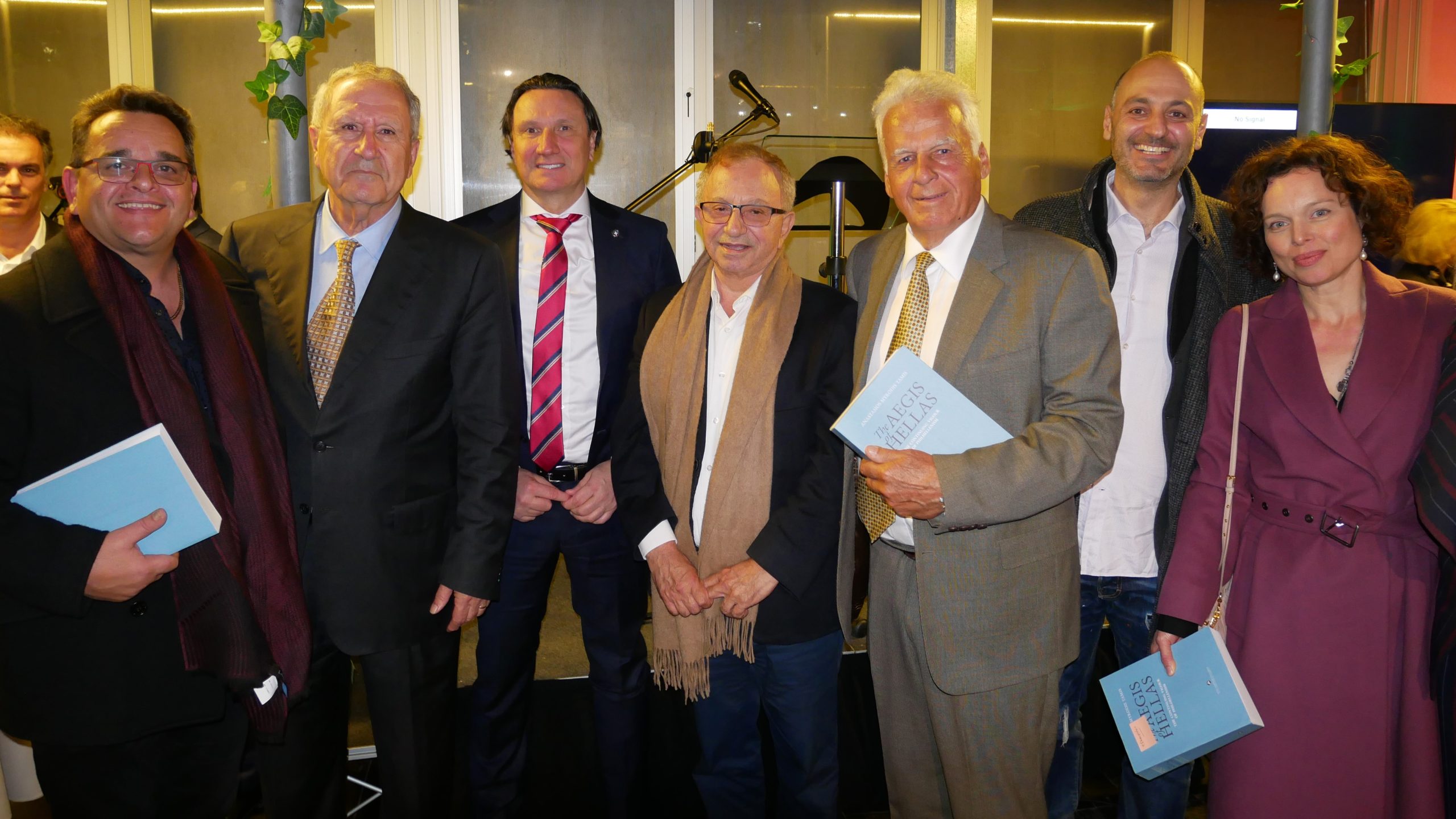It was a full room with many Philhellenes at the Hellenic Museum of Melbourne on Wednesday night. Everyone was present for the launch of Professor Anastasios Tamis’ book, The Aegis of Hellas: The Continuing Vigour of Philhellenism.
The book was published by the Hellenic Parliament Foundation for Parliamentarism and Democracy and is dedicated to Spiros Stamoulis for his commitment to Hellenic civilisation and culture.
The Aegis of Hellas was launched by the former Premier of Victoria, The Honourable Jeff Kennett AC. Professor Dr Michael John Osborne, Academician Professor Dr John Melville-Jones, and the President of the Greek Community of Melbourne (GCM) Bill Papastergiadis, also spoke on the night about Philhellenism, before Professor Tamis stepped on stage.
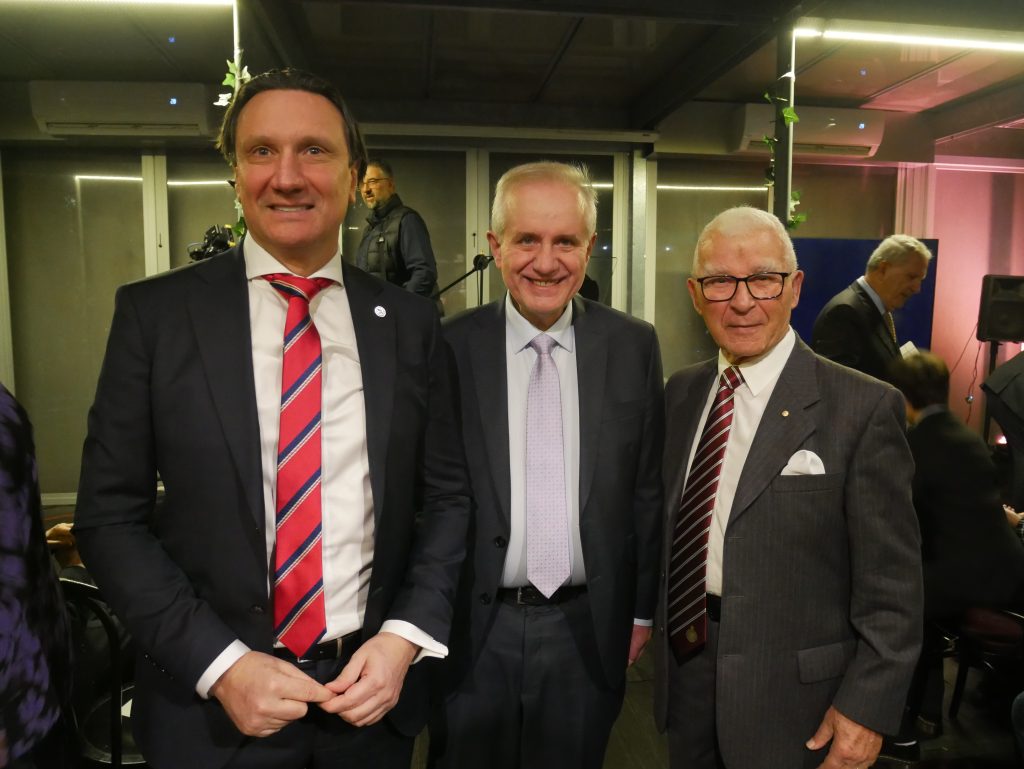
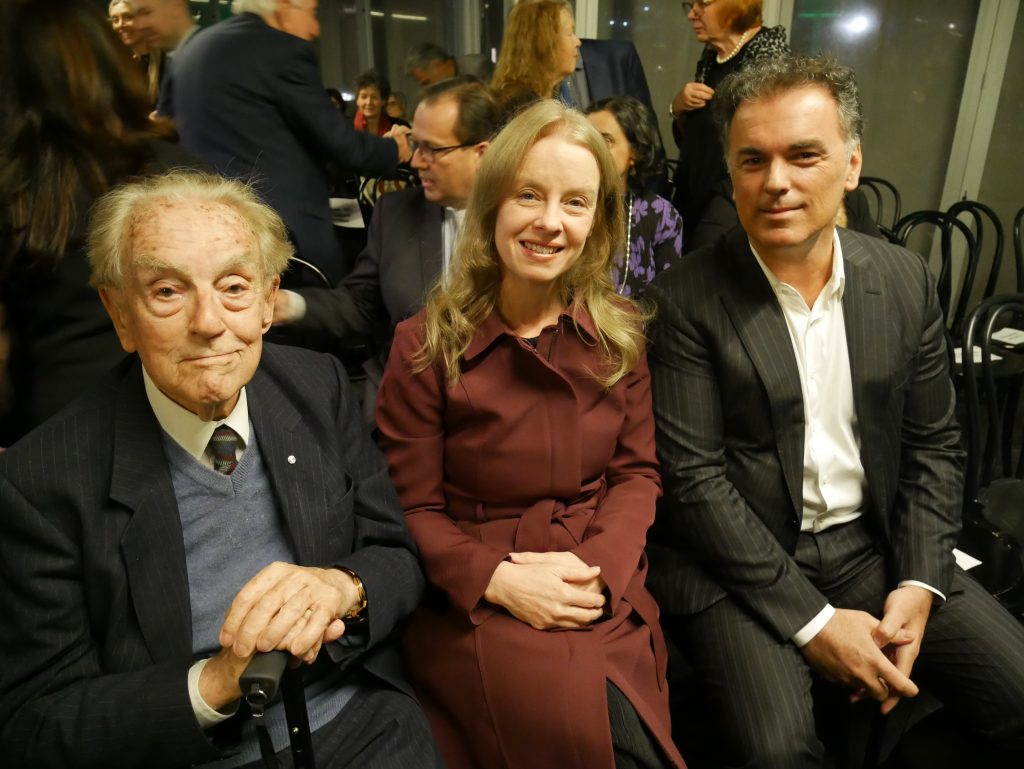
Official proceedings on the day were emceed by Ross Alatsas, General Manager of Greek Media Group. After the singing of the national anthems of Greece and Australia by Alphington Grammar Students, Mr Papastergiadis spoke.

He characterised the book as a “fundamental study for Hellenism” and as “an original piece documenting the stories, particularly post-war, on how Philhellenism has developed globally.”

“The pursuit of Philhellenism was a pursuit of ideal, values and a way of life that was traced back to ancient Greece. These values are continued into modern day civilisation in the western world. Philhellenism has so many threads,” Mr Papastergiadis said, highlighting that “Greeks as Greeks have never been alone.”
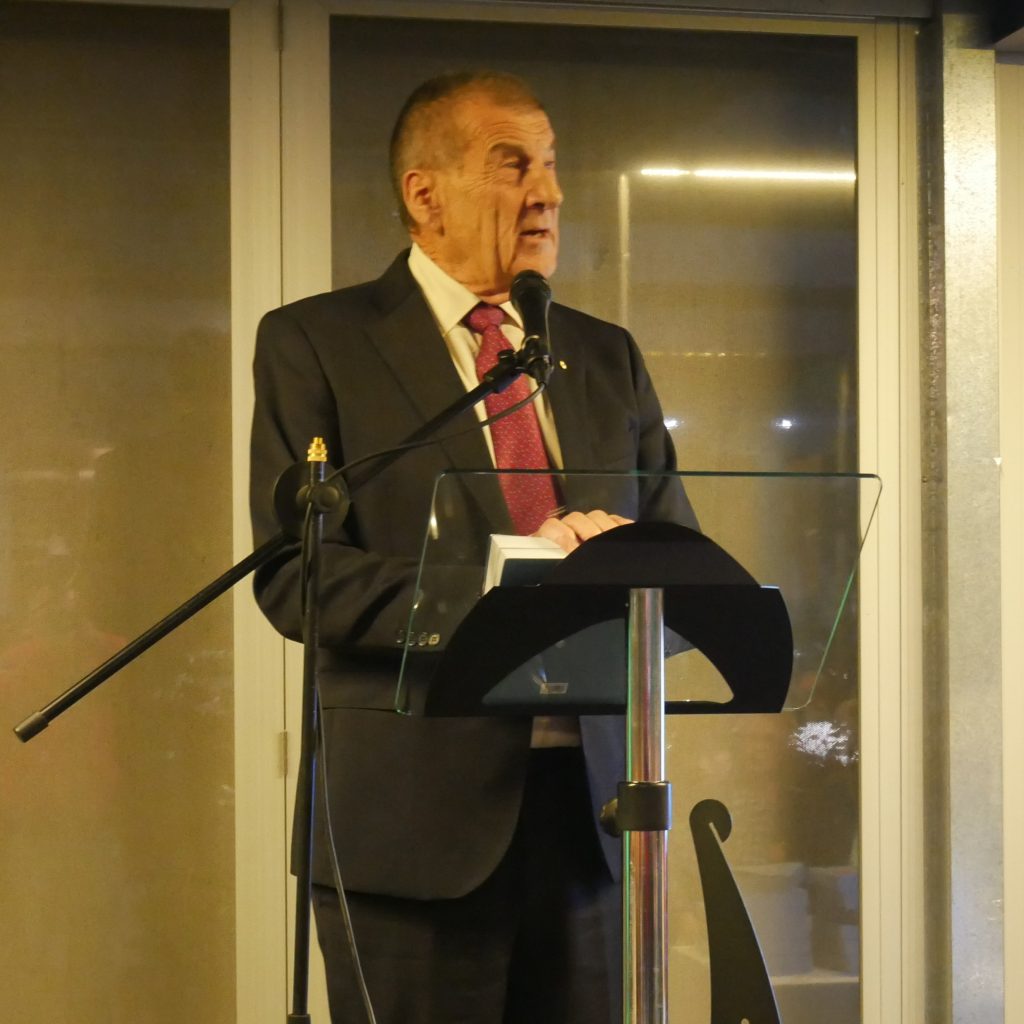

Mr Kennett spoke next about the relevance of Greek culture and how we need to make sure “its flame never dies.”
“The book is important, but not nearly as important as what we do next,” Mr Kennett said.
“The important thing is to understand the past and to appreciate it and then ask yourself the questions… What do we do with this knowledge? How do we continue the relevance of Greek culture, art for younger generations?”
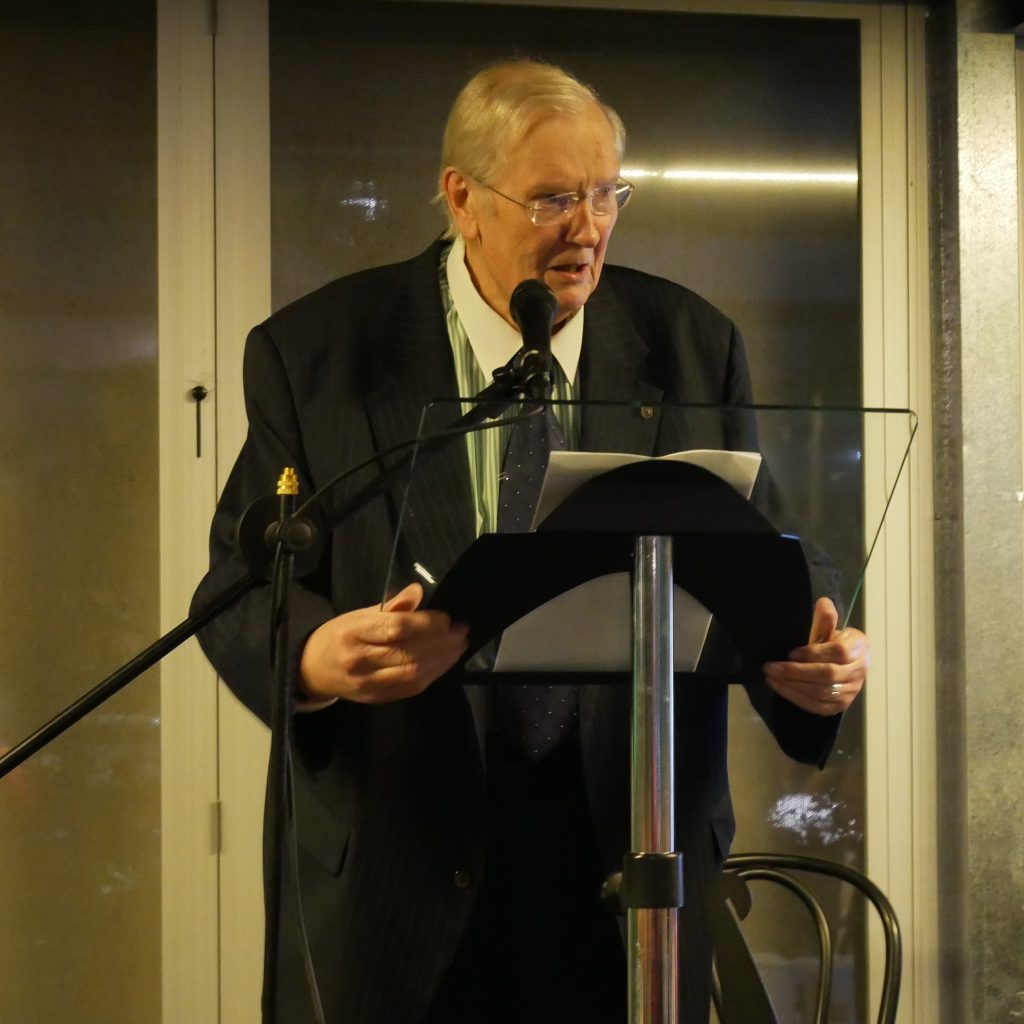
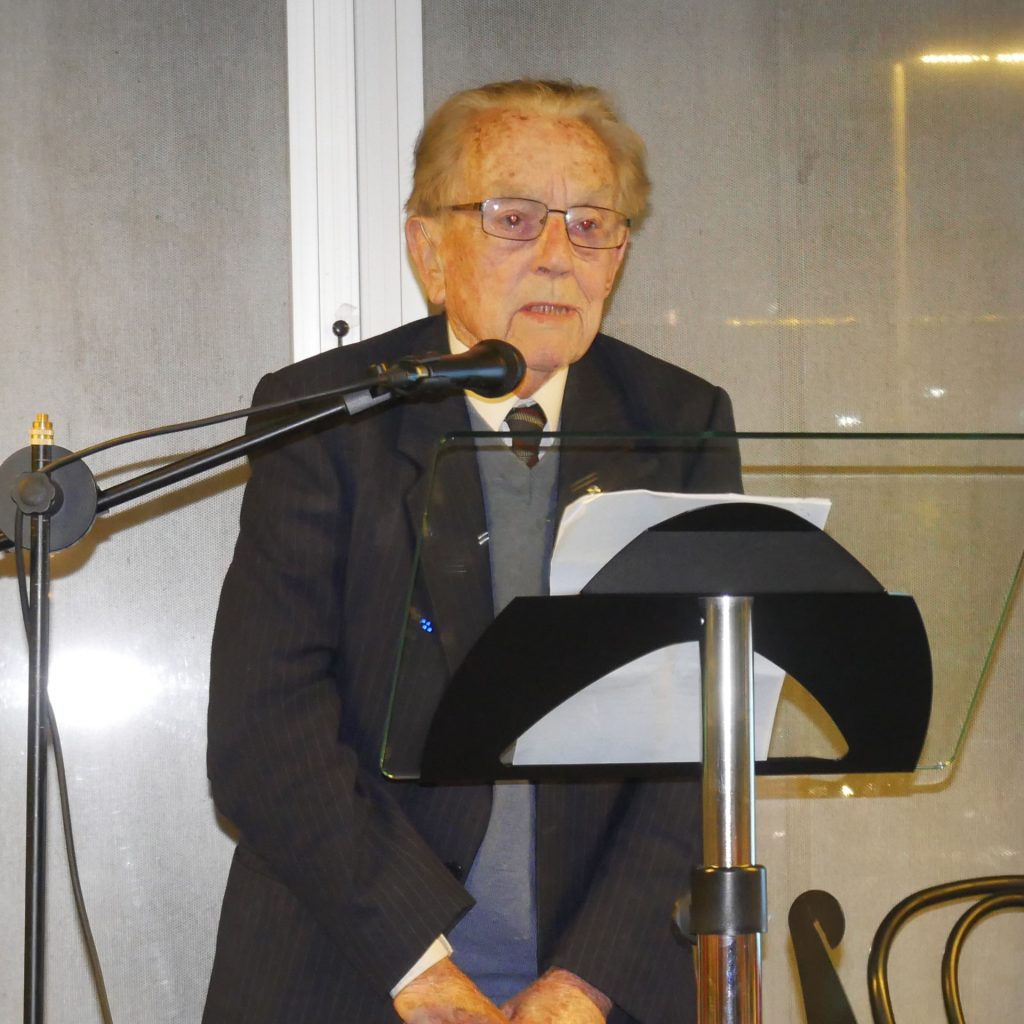
Dr Osborne also commented on the book and said it was “one of the most important books published in recent times concerning Philhellenism.”
He spoke in detail about classical Philhellenism, which he characterised as the study and appreciation of ancient Greece and its society, its history, literature, philosophy and arts. He also spoke about contemporary Philhellenism and how it is the study of modern Greece and the development of modern Greek language.
Dr Osborne said the book shows “the value and power of Hellenism across the world and through the ages.”
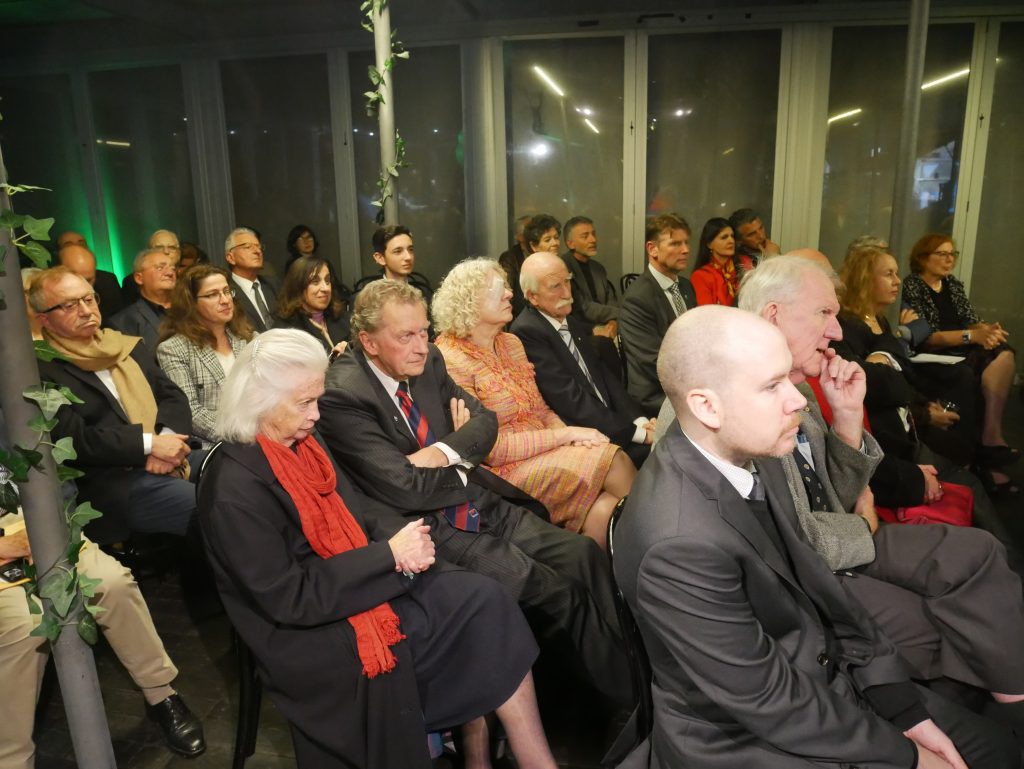

Dr Melville-Jones started his speech by speaking Greek and spoke about his connection to Greece. He also spoke passionately about the Greek-Macedonian issue and stressed: “If you are naked, it doesn’t give you the right to steal someone else’s clothing.”
Professor Tamis was the last to speak about the reasons that urged him to write the book and about the continuous existence of Philhellenism through the decades.
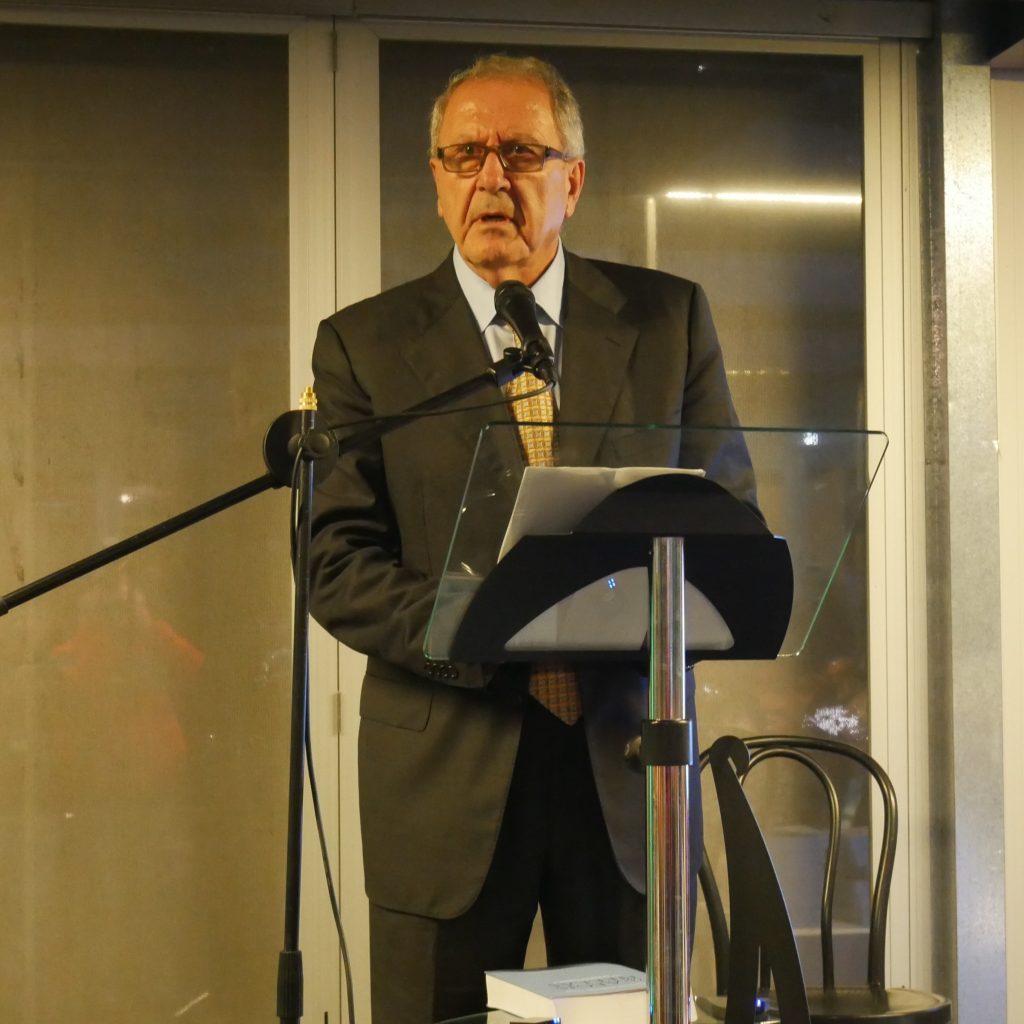
“I wanted to write it [the book] in order to explain why the Greek civilisation is currently, in 2023, still relevant to the world. It’s not just the classical era, the philosophy, culture and heritage which was inherited to us. It is by far more important. It is still valuable and still the source of conceptual ideology. It is current to politics, it is current to philosophy and to sciences,” Professor Tamis said.
He also detailed the fallacy of books written in the 70s and 80s, which claim that Greek Philhellenism died in 1946.
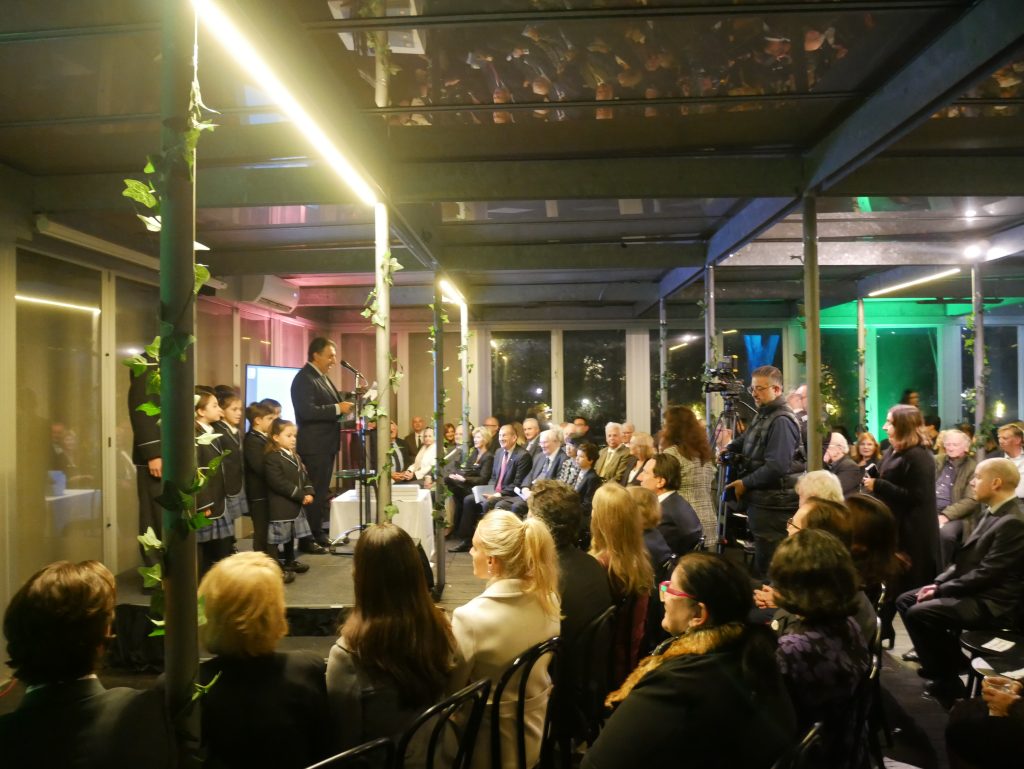
“Philhellenism did not die immediately after the war but it continues in various faces and stages to be around, continues to teach and to be a source of understanding and a source of inspiration,” he concluded.
Official proceedings ended with books being given to honoured guests by Mr Kennett.
*All photos copyright The Greek Herald / Giorgos Psomiadis.

